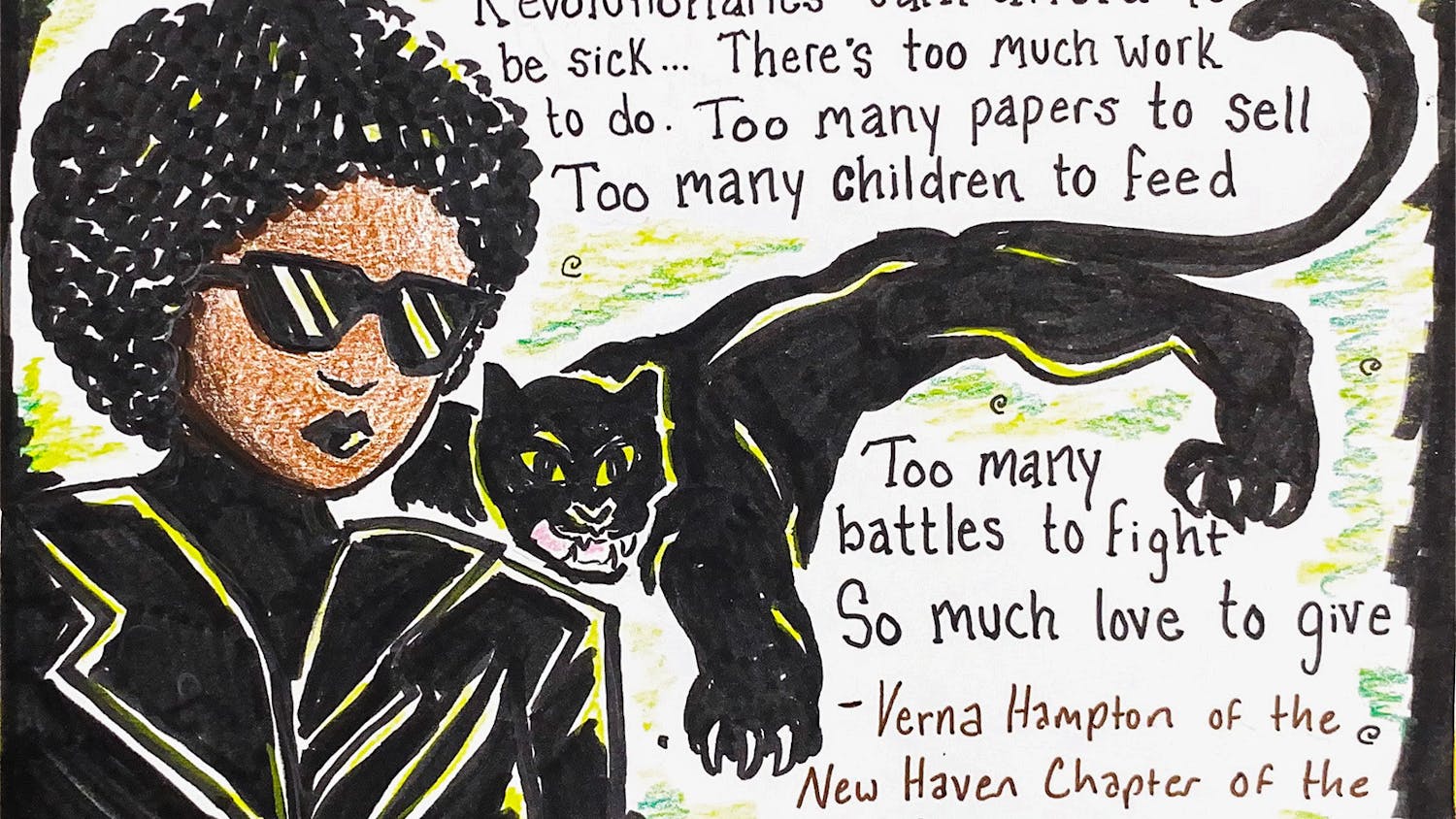Over 200 educators in New Mexico, from early childhood teachers to college professors, signed a letter calling on the New Mexico Oil and Gas Association to stop using disingenuous public campaigns to promote more oil and gas development. These educators want the expansion of revenue sources and lessened dependence on the fossil fuel industry in the state.
“It has been extremely disappointing to watch the oil and gas industry and its allies use educators and students as props in campaigns against progress on climate and clean energy policies,” read a Nov. 30 press release sent by lobbying and public relations communications specialist Charles Goodmacher.
The oil and gas industry makes up the majority of the state general fund, which decides the annual budget for schools, according to Jennifer St. Clair, the lead special education teacher at Carlos Gilbert Elementary School. Over $1.4 billion, or one-third of annual funding for New Mexico schools, comes from the industry, according to the New Mexico Oil and Gas Association’s annual report.
“The oil and gas industry … (paints) themselves as champions of education. The letter was making a case from educators who are frustrated with always being (told) that they should be so grateful and beholden to the industry,” said Amber Wallin, deputy director of New Mexico Voices for Children.
Billie Helean, first-grade teacher and president of Rio Rancho Schools Employees’ Union, said this letter seeks to directly address concerns about the grievous misrepresentation of educator and student interests alike in industry marketing. She said current industry communications paint a “false narrative” that oil and gas will always be necessary to public education.
“Our kids are counting on us to have this planet and our environment ready for them and if we don’t follow through with a promise to them to make sure that they’re safe and healthy and happy, then we’ve failed,” Helean said.
A diversification of the state’s funding portfolio is needed to lessen dependence on oil and gas in New Mexico since the industry funding regularly fluctuates due to swings in production, according to Helean. She said education staff are some of the first budget cuts when funding is short, which results in significantly larger class sizes for teachers that stay on.
“The teacher shortage (in New Mexico) is unbelievable. I feel it every single day starting at 7:45 in the morning until I leave at 4,” St. Clair said. “Every student and teacher is impacted by the teacher shortage and that is directly related to the price of oil and gas.”
The volatility of the oil and gas industry has limited investments in education opportunities because it doesn’t allow for predictability in their annual budget, according to Wallin.
“When things are good, there’s a little more willingness to increase educator salaries,” Wallin said. “When times are bad, that means we can’t even grow with inflation and how much we’re spending.”
St. Clair said she’s concerned about the fluxes in funding from oil and gas because that directly impacts the resources schools are able to provide to students, such as competitive salaries for teachers and therapists.
Get content from The Daily Lobo delivered to your inbox
“We appreciate the funding generated for our state’s education system from every source, including from oil and gas. But relying so heavily on one industry has unfortunately had negative consequences for students as school funding has risen and fallen along with the industry’s fortunes,” the letter reads. “Whether our students receive services they need should never depend on the price of a commodity.”
Emma Mincks, a University of New Mexico Gallagher research fellow, illustrated her concerns about the UNM administration’s continued reliance on “dirty money” from fossil fuels. She said UNM needs to divest from their fossil fuel portfolio and diversify their investments to strengthen the University’s future.
“I signed because I want a future for my students,” Mincks wrote to the Daily Lobo. “I have been inspired by my undergrad students who have expressed fear and concern about how our society treats the environment we live in, and who care intensely about having a livable planet to exist on.”
St. Clair said many teachers are against oil and gas drilling in New Mexico and want the state to diversify its revenues to lessen the public education sector’s dependence on the limited resource. She said the oil and gas industry uses fear tactics, threatening a collapse of the state education system, in their public campaigns to speak out against legislative intervention.
“We’re teachers — we’re very concerned about the future,” St. Clair said. “The future we are trying to create is diametrically opposed to the way the Oil and Gas Association sees the future.”
Wallin said the state and educators can’t count on the oil and gas industry to consistently provide for communities due to its inevitable decline. She said the negative health and environmental impacts caused by the oil and gas industry, along with the unstable revenue, doesn’t put kids first.
“We’re teaching our kids about (climate change) and meanwhile, oil and gas is saying that we are on board with them and we are not,” St. Clair said. “I don’t know a single teacher that’s not concerned about climate change and that’s not concerned about how the price of a barrel of oil impacts our jobs and what we’re able to do for kids.”
Rebecca Hobart is a senior reporter at the Daily Lobo. She can be contacted at news@dailylobo.com or on Twitter @rjhobart






